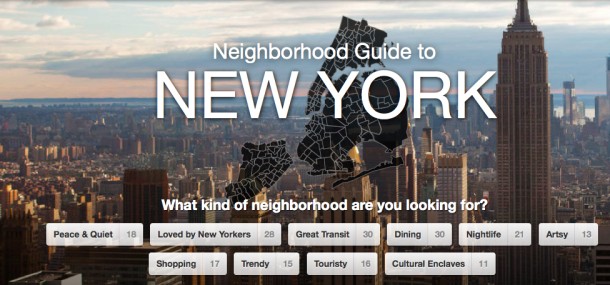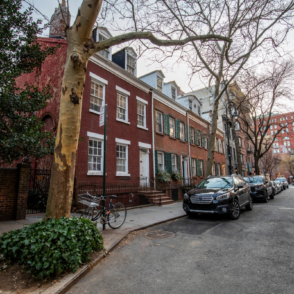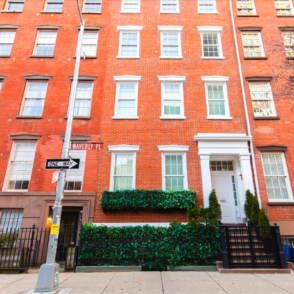Since the company’s founding in 2008 by college friends Brian Chesky and Joe Gebbia and computer science engineer Nathan Blecharczyk, Airbnb has become a well-known and widely-used service for travelers and homeowners alike. Its concept is simple: like Amazon, it is a virtual marketplace providing means for people to “list, discover, and book unique accommodations around the world.” Its website boasts over 25 million guests staying in over 34,000 cities—and their listings even include 600 castles. Why book a hotel when, with just a few clicks on Airbnb, you can find a cheaper, more authentic, and unique place to stay?
Airbnb has made a significant impact on the tourism and living standard in New York City. Based on the company’s economic impact reports, 400,000+ Airbnb guests passed through the city between 2012-2013. 82% of listings lie outside the main tourist area of midtown Manhattan, which suits guests just fine as approximately 89% choose Airbnb for the experience of “living like a local.” The average Airbnb guest spends $740 in the neighborhood in which they stay, boosting local business revenues, and 62% of hosts say that renting out their homes has helped them keep their homes. Certainly, for host Judith, Airbnb has been a blessing. She began a Bed and Breakfast in her East Harlem brownstone in 2010, but it was not until she put up a listing on Airbnb that the venture really took off. Now, Judith sees the home she has lived in for 47 years as “a place where families and extended families can come to strengthen their bonds and create shared memories at a reasonable price.” After her kids moved out and her husband passed away, Judith no longer had anyone to enjoy her passion of cooking. With Airbnb, she can share it with guests for years to come.
Although Airbnb’s numbers are increasing and users remain largely satisfied with the company’s service, the community marketplace has had its share of bad visits and horror stories. Publicist Jessica Penzari received an unwelcome phone call from the police when a prostitute was stabbed in her apartment. Another host came home to a floor littered with condoms and feces after a man, who told her he was vacationing with his family, ended his stay. Airbnb did its best to rectify these (and numerous other) unfortunate situations by cleaning up the messes and covering costs. The company’s growing popularity despite a few problematic guests and hosts, though, is competing with bad press from its fight with the New York attorney general. Many rental leases prohibit tenants from putting their apartment up for short-term rental (usually defined as less than thirty days); additionally, cities including New York, Los Angeles, and San Francisco have regulations outlining the same caveat. The attorney general fears that some landlords and tenants are abusing Airbnb’s services and renting their properties illegally, like one man who operates numerous empty New York City apartments as short-term rentals, a practice he refers to as “beyond lucrative.” While Airbnb seems to be providing a helpful service to the community, that service may be breaking the law.
So should you use Airbnb? If you do, proceed with caution. Be wary of scams and listings that seem to be “beyond lucrative” for the host if you are planning to use the website to find a place to stay, and know who you are putting up in your home if you decide to list on Airbnb. Pay attention to reviews and recognize the importance of communication on both sides. And, if you are still wary, consider subletting your place or booking a hotel instead.



